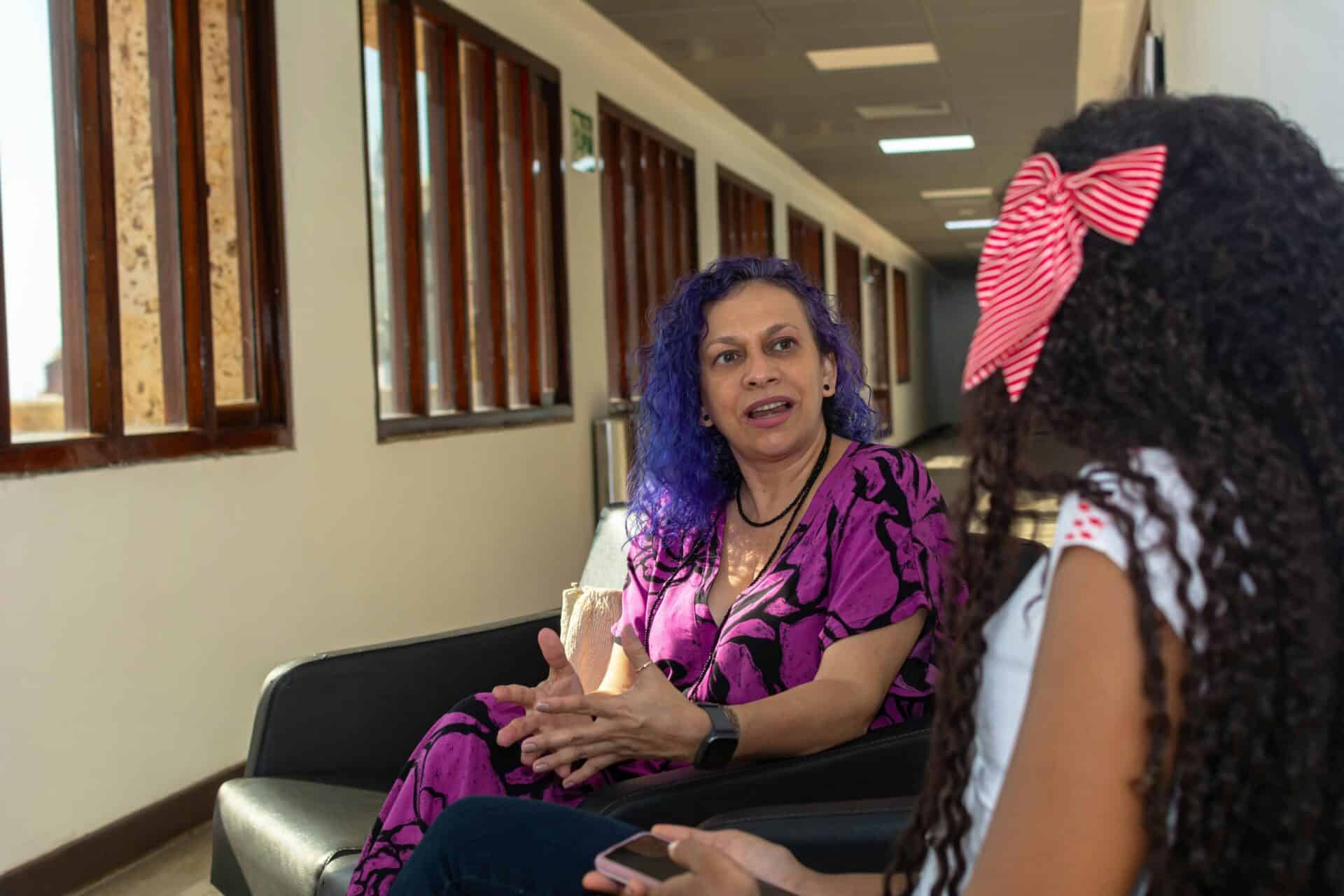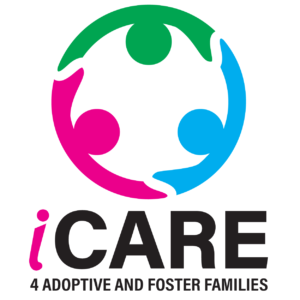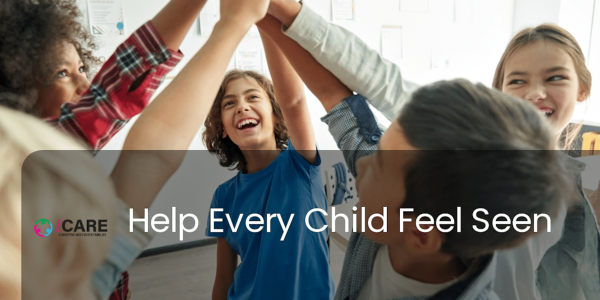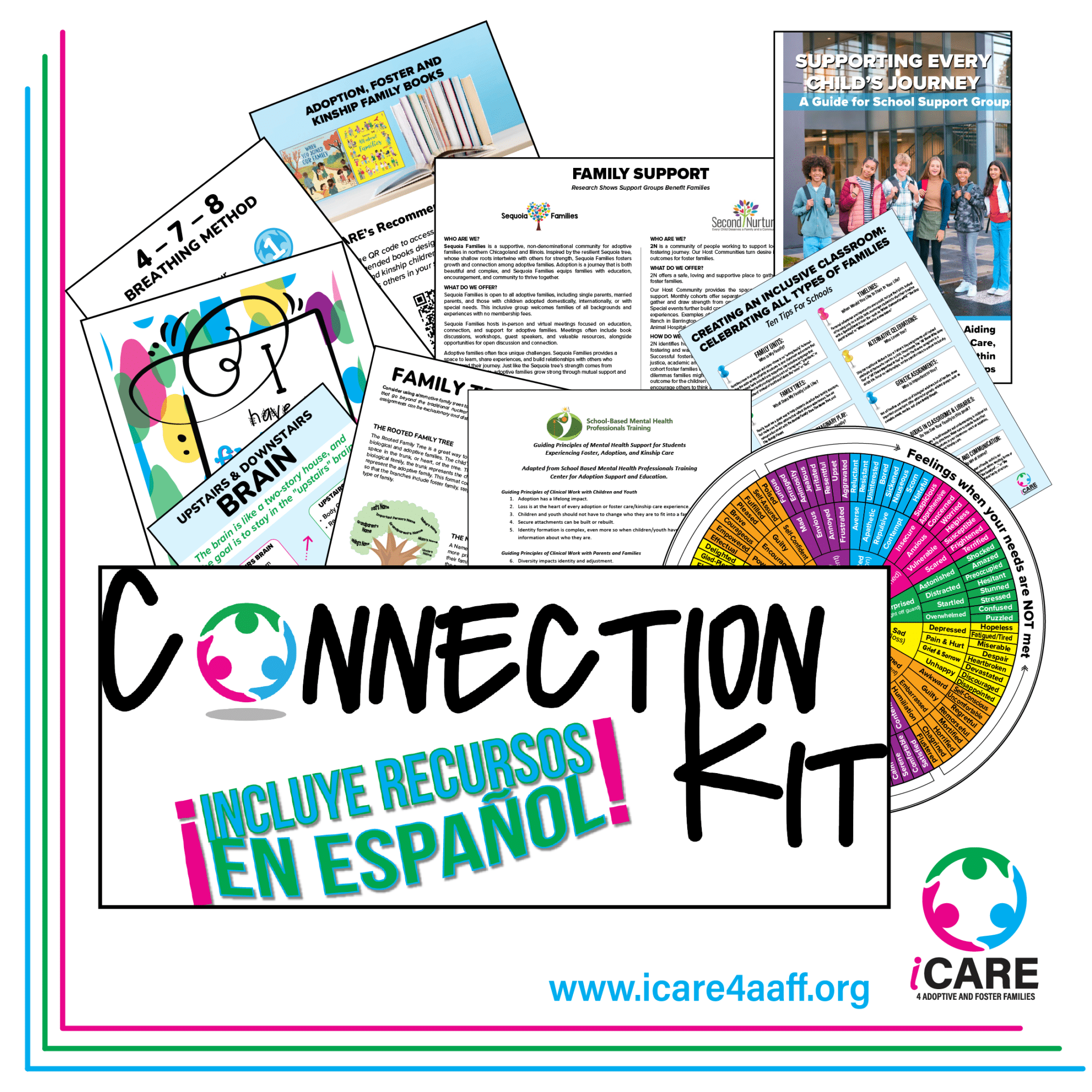Our nation is facing a mental health crisis, largely focused on children and teens. However, recent attention from the Surgeon General highlights that parents, particularly within adoptive, foster, and kinship families, are equally affected. These families often raise children with significant Adverse Childhood Experiences (ACEs), both known and unknown, which amplify their challenges.

For too long, we’ve placed the burden on child welfare professionals and parents to “do better” without fully acknowledging the complexity of the issues involved. One crucial factor that is frequently overlooked is the role of schools, where children spend much of their day. While conversations often revolve around increasing the number of child welfare workers or enhancing parent training, we fail to recognize how pivotal schools can be in shaping the emotional and academic outcomes of these children.
If we truly want children in adoptive, foster, and kinship families to thrive, schools must adopt trauma-informed practices. Too often, educational policies are driven by political or strategic objectives, not by evidence-based practices that prioritize student well-being. Without a significant shift in how schools engage with and support these children, we risk unintentionally worsening their struggles.
In recent years, schools have made efforts to increase access to mental health services, but this expansion has often occurred without equipping educators, counselors, and support staff with the proper training in trauma-informed care. While well-intentioned, this lack of specialized knowledge can result in missed opportunities for healing and, in some cases, unintended harm. True equity in school-based mental health services is only achievable when staff are given the tools to address trauma with empathy and expertise.
One of the greatest challenges in addressing this issue is understanding the full scope of the problem. Middle and high school mental health support systems often prevent full collaboration between school professionals, parents, and external treatment providers. In some cases, parents are left unaware of the mental health services their children receive at school, making it difficult for them to advocate for their children or assess the effectiveness of these services. This lack of communication compounds the issue for children who may not be able to articulate their emotional needs or recognize when they are being unmet.
Furthermore, the stigma surrounding mental health can prevent families from seeking help. Fear of judgment or misunderstanding often keeps them silent, further isolating these children and their families.
A significant step forward in addressing these gaps is the introduction of a free virtual School-Based Mental Health training program accredited by the National Association of Social Workers (NASW) and the National Board for Certified Counselors (NBCC). Developed by the National Training Initiative for the Center for Adoption Support and Education, this program equips school staff with the tools they need to address trauma in a meaningful way.

The reality is that we cannot fully address the effects of trauma on children without including schools as key partners. This raises a question: do we lack the imagination to envision what true support for these children looks like, or is it the collective commitment we are missing to make that vision a reality?
Supporting the mental health of adoptive and foster children requires more from all of us. We cannot rely on family, school, and political systems to work in silos. Collaboration, consultation, and openness to evidence-based practices—even when they challenge personal perspectives—are essential. Let us never say there are no solutions.
Funding for students after high school is valuable, but there is an even greater opportunity to make a meaningful impact earlier in life. Early intervention fosters resilience and positive outcomes, setting the stage for long-term success.


